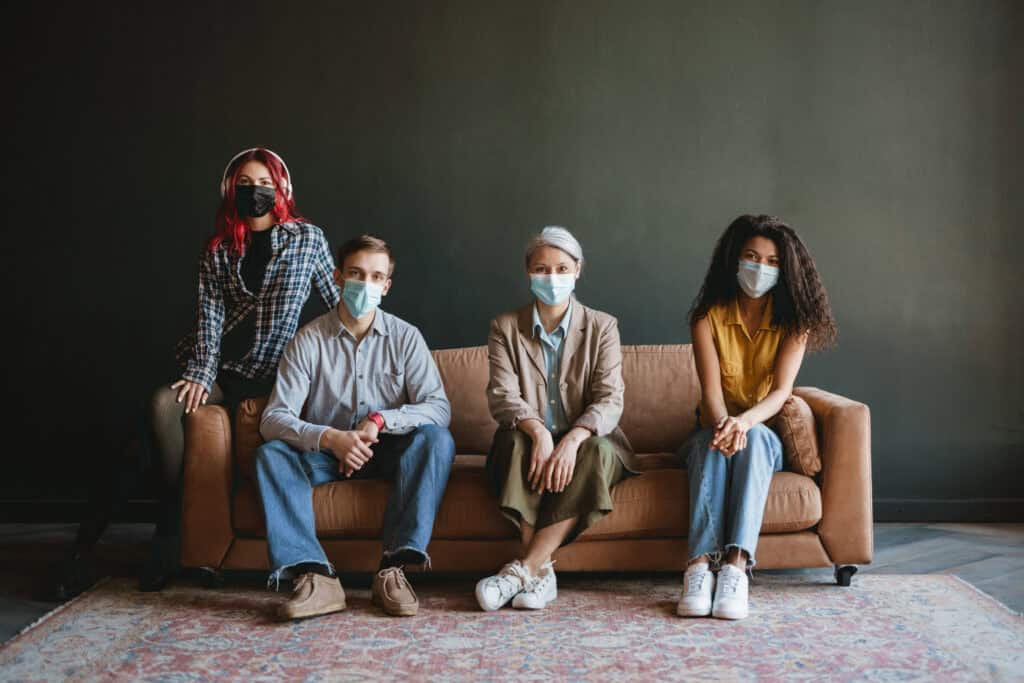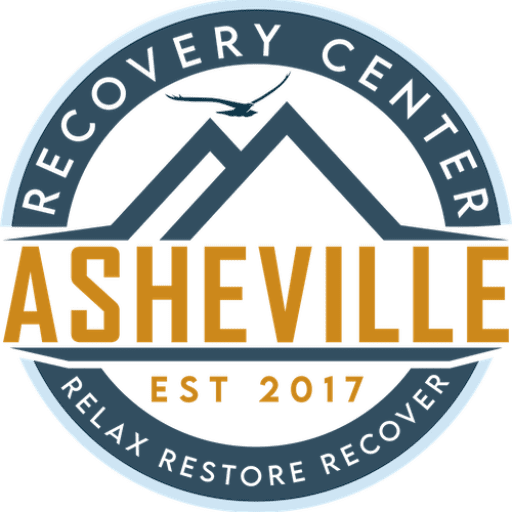Almost everyone has had their lives affected by the novel coronavirus (COVID-19) in some way. Some people have contracted the disease while others have lost loved ones to it or seen their income drop significantly because of it. Others continue to work on the frontlines performing physically and emotionally draining tasks. Staying indoors has also proven to be exceptionally stressful for many people whether they’re alone or living with relatives or spouses. The situation is difficult for everyone to handle since it’s unprecedented.
Panic, uncertainty, and grief are common during this trying time. However, some people are more vulnerable than others. Among those with a unique set of concerns are people struggling with an alcohol use disorder. Since excessive alcohol consumption weakens the immune system, people with problematic drinking behaviors may be more vulnerable to catching the coronavirus. In addition, some may be tempted to start drinking again in an effort to cope with all that’s happening around them. If you feel like you may not be able to maintain your sobriety at this time, you need to seek help.

The Potential Impact of COVID-19 on People Dealing with Alcoholism
If you have problems with alcohol use, you may be affected by anxiety, loneliness, and a weakened immune system. You need to understand these challenges and find ways to address them, so you don’t put yourself in danger. Let’s look at each of these issues in detail.
Anxiety
Many people are worried or scared for both themselves and their loved ones at this time. This can drive them to self-medicate. If you are struggling with an alcohol use disorder, you may already be experiencing anxiety relating to your condition. Watching the news or dealing with job loss because of the global pandemic could make things worse. Reaching for a drink to relieve your difficult emotions will likely exacerbate your anxiety.
Since there are restrictions on the sale of alcohol in certain jurisdictions, you may also be dealing with withdrawal. Both long-term alcohol use and alcohol withdrawal can increase the likelihood of developing anxiety. Many people with generalized anxiety disorder or panic disorder self-medicate with alcohol. Furthermore, people with anxiety who self-medicate can develop alcohol use disorders.
To help reduce your anxiety, you should consider limiting the amount of COVID-19 information you consume. This may mean turning off the television or staying off social media. Doing this can prevent you from being in a constant state of worry. To further protect your mental health, eat healthy foods, and get adequate sleep. You should also try to get some fresh air while engaging in social distancing.
Loneliness
Speaking of social distancing, it’s generally accepted that this is key to limiting the spread of coronavirus. While staying six feet away from other people and staying indoors as much as possible is important, it’s also difficult. Many people with alcohol use disorders already feel lonely. Isolating from loved ones can take away a much-needed support system and increase feelings of loneliness and depression.
People struggling with alcohol use often rely on positive social interactions to help them stay sober. At a time when face-to-face interaction is limited, you may feel more triggered to take a drink. The good news is that even though you can’t physically be with other people, you can stay in contact with them. You can use technology to talk to your friends, relatives, and even your therapist. Look for all avenues to engage in healthy interaction.
A Weakened Immune System
Research has shown that excessive alcohol use can compromise a person’s immune system. This is especially as it relates to the development of pneumonia. People who have been diagnosed with an alcohol use disorder may, therefore, be among the most vulnerable. Acute binge drinking can also weaken the immune system. Additionally, alcohol abuse leads to problems with the heart and lungs.
You, therefore, need to ensure you’re as healthy as possible. However, you shouldn’t suddenly quit drinking to reduce your risk of developing COVID-19. You could face life-threatening withdrawal symptoms if you’ve become physically dependent. The best option is to seek medically supervised detox and then enter a treatment program, so you have support during your recovery. Seeking treatment can help you to get some relief from the health issues associated with excessive alcohol consumption.

If You’re Struggling with Alcohol Use Disorder, Get Help from Asheville Recovery Center
With all that’s happening, now is a good time to begin the journey towards sobriety. If you’re ready to benefit from professional help, contact Asheville Recovery Center to learn about our addiction treatment options.






